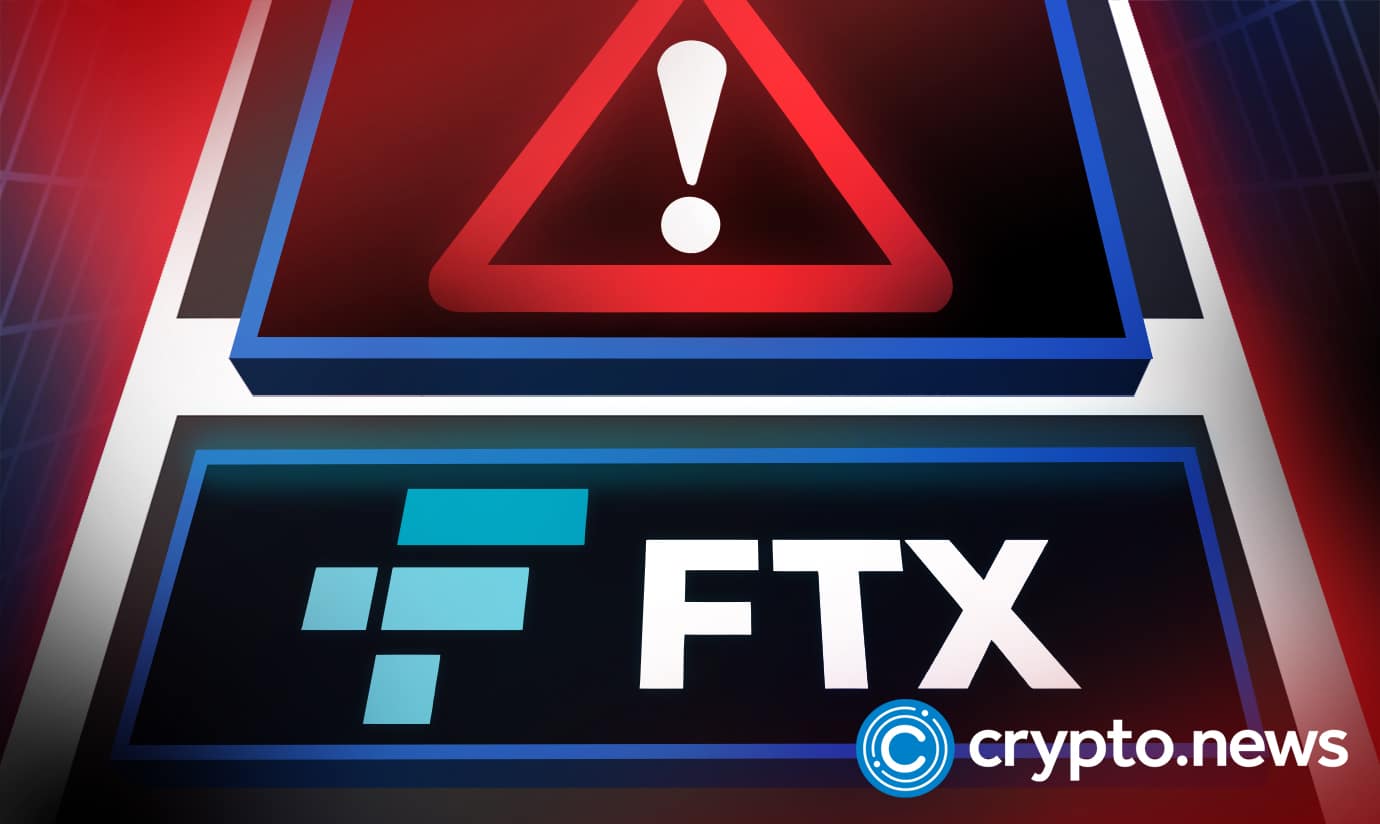Alameda Research’s market manipulation and insider trading took down FTX

The fall of crypto giant FTX has been large and hard to miss. This $30B+ crypto empire, helmed by Sam Bankman-Fried, started a death spiral a few weeks ago owing to poor management. New details have surfaced that Alameda research, a sister company of the FTX exchange, is largely to blame due to poor trading strategies.
Alameda Research at the center of FTX’s collapse
Alameda Research was a quantitative trading firm founded by Sam Bankman-Fried in 2017. He later leveled up his dreams of managing trading firms in 2019 when he created the ill-fated crypto exchange FTX.
Bankman-Fried co-managed the two platforms but with a close connection. He developed the FTX native token, FTT, which Alameda Research largely held. Alameda then gained power and influence on the exchange as it was the apex organization behind its hatching and management.
Following a series of interviews with Sam Bankman-Fried, new details have cropped up that Alameda Research might have lost FTX’s reserves via poor trading strategies. According to the information, the organization was involved in many trading irregularities like leveraging FTT as collateral, trading against FTX customers, trading using FTX reserves, etc.
When the whole saga blew up, Alameda was found to have been a weak point in the billion-dollar empire. But how did it do all that away from the eyes of financial watchdogs, on-chain analytics platforms, securities firms, employees, and auditors?
How Alameda’s insider trading went wrong
Alameda Research’s plans to toy with FTX customers and make billions over their holdings went all wrong after their trading strategies failed. The leadership behind this organization was one full of tricks as it quietly managed to use customer funds while remaining under the radar of onlookers.
An insider source revealed that the firm borrowed billions in FTX reserves and customer funds. They promised to leverage the funds and return them in due time to allow for the fluent working of the exchange. FTX, on the other hand, did underestimate the funds needed to keep it running without issues in case customers needed to cash out.
The HiveEx controversial acquisition
FTX did not usually abide by the requirement of holding an equivalent of customer deposits. Such accounting was a total failure that triggered the exchange’s meltdown. Further reports indicate that the exchange’s largest customer, Alameda managed to hide the trading irregularities as the traded assets never once touched its balance sheets.
Further findings indicate that Alameda leveraged over-the-counter desks like HiveEX, an Australian firm, to conduct dirty business with FTX’s funds. An inside source says that the firm acquired HiveEx in 2020, and its primary role was to accept deposits from FTX. The acquisition of this OTC desk cost Alameda slightly over $200K. In September of that year, FTX announced that it would allow its customers to deposit funds via HiveEx as they had completed a partnership.
This OTC desk was later transferred to FTX trading at $100, which is the amount that the OTC desk had declared to have when it was filing a declaration of solvency with corporate regulators on OCT 4, 2021. However, FTX stopped using HiveEx in May 2022 and announced that its depositing compatibility had ceased functioning.
The controversy behind this OTC desk shows that the exchange was willing to do anything to keep its dealings with Alameda Research in wraps. That means it could have had other OTCs that were possibly not known to the public where it used to keep its balance sheets clean.
Poor margin trading strategies
FTX had a fractured margin and leveraged trading strategies, which caused a slurry of issues in its record books. The exchange’s spot margin trading feature would let users borrow from other customers. The functionality behind this feature was that once a customer used it, the exchange would subtract the borrowed assets from the reserves. The lender would earn a yield on the assets as appreciation.
For an exchange to be safe from a catalytic collapse caused due to low liquidity, an exchange must have at least a 1:1 ratio of customer deposits and reserves. Poor accounting strategies in the fore mentioned Margin trading strategy put the exchange in jeopardy greatly. Alameda was given an open the door to leverage this feature.
It would post its FTT holdings as collateral and borrow customer funds from the exchange. Though FTX made new FTT coins, they would not have driven the coin’s value down as they never made it to the open market. They were used as a placebo by Alameda to get more customer funds. As such, Alameda was receiving free money to trade with.
FTX had then managed to sustain this pattern of handing out customer funds to Alameda since it had found a way to sustain the value of FTT. Outside auditors could not find out about this saga since the customer funds are an off-balance sheet item and thus would not be featured in FTX’s financial statements and reports.
Though this financial foul play had not been uncovered yet, customers were not confident with Alameda Research having FTT as their largest reserve fraction. Binance’s CEO Changpeng Zhao even declared that he would dump his FTT holdings due to a lack of confidence in Alameda’s involvement in the exchange management.
Alameda’s insider trading sagas
Another saga of FTX insider trading has been uncovered. This information involves Alameda Research allegedly trading assets lined up to be listed on FTX. It would buy the assets before they were listed on FTX to benefit from the eventual price surge once the tokens are listed. Then it would dump them massively as FTX customers rushed in to buy the pump.
According to a report from Argus CEO Owen Rapaport, Alameda Research had suspiciously purchased around 18 tokens a year before FTX would list them in March 2021. Such a trade gives Alameda a market advantage over other FTX customers. Argus’s report further indicated that SBF’s Alameda had invested $60M in the tokens, which were all ERC-20 tokens. Omar Amjad, co-founder of Argus said:
“What we see is they’ve basically almost always in the month leading up to it bought into a position that they previously didn’t. It’s quite clear there’s something in the market telling them they should be buying things they previously hadn’t.”
What next after the FTX collapse?
The poor management strategies by FTX and Alameda Research potentially exposed financial foul play in the crypto space. FTX is not the first crypto organization to do financial foul play to its clients; others like MT GOX, Terra Foundation, and others have done it in the past. However, the FTX collapse now will serve as a bedrock to transparency and openness among centralized crypto services providers.
Exchanges like Binance, Coinbase, and Kraken have already introduced systems to show their proof of reserves. Platforms like CoinMarketCap and data trackers have also introduced tools to show the exchange’s proof of reserves.
While these developments are encouraging and foreshadow the growth of the crypto space and its openness to being compliant with financial regulations, the safest way to avoid another FTX fiasco is practicing self-custody. Remember, “ not your keys not your crypto,” keep watching crypto.news for detailed and educative posts regarding the crypto space.















